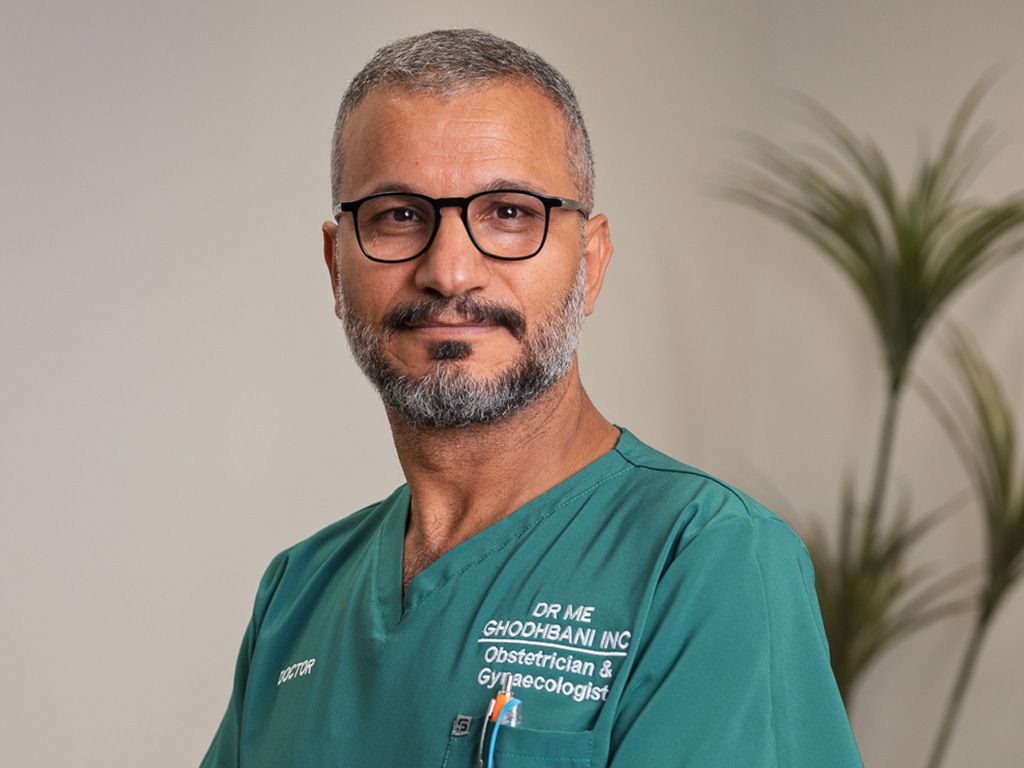Netcare suspends and restricts visiting hours in light of severity of COVID-19 pandemic
Drickus Maartens • March 25, 2020
Extraordinary measures needed to protect healthcare teams and patients
As of this morning, visiting hours at Netcare
hospitals have been suspended, except in specific special circumstances, as a further precaution against the spread of COVID-19, Netcare announced.
“In light of the severity of the COVID-19 pandemic, we needed to take extraordinary measures to protect all healthcare teams and our patients who cannot be discharged,” says Dr Richard Friedland, Netcare chief executive officer.
The following measures will apply:
1. All visiting hours for general wards, ICUs and the high care units will be suspended with immediate effect.
2. The only exceptions are as follows:
- Nurseries and neonatal intensive care units (NICUs): only ONE parent at a time is allowed to visit newborns in a nursery or NICU. This is on condition that the parent visiting has had no COVID-19 exposure and accepts that very strict infection prevention controls will be put in place to minimise the risks to their baby and other babies being cared for in these facilities. No grandparents and siblings will be allowed to visit.
- Paediatrics: Only ONE parent at a time is permitted to live in with an admitted child. This parent is required to have had no COVID-19 exposure and accepts that very strict infection prevention controls will be put in place to minimise the risks to their child and other children being cared for in our paediatric facilities. No grandparents and siblings will be allowed to visit.
- Gravely ill patients: an exception can be granted by the hospital general manager, as authorised by the regional director, in these instances. A minimal number of visitors will be granted this exception and they will be required to wear a mask.
“We thank families and friends of patients for their co-operation with regard to these measures in this unprecedented time and for their contribution to ensuring that we keep our most vulnerable loved ones safe,” Dr Friedland concluded.













